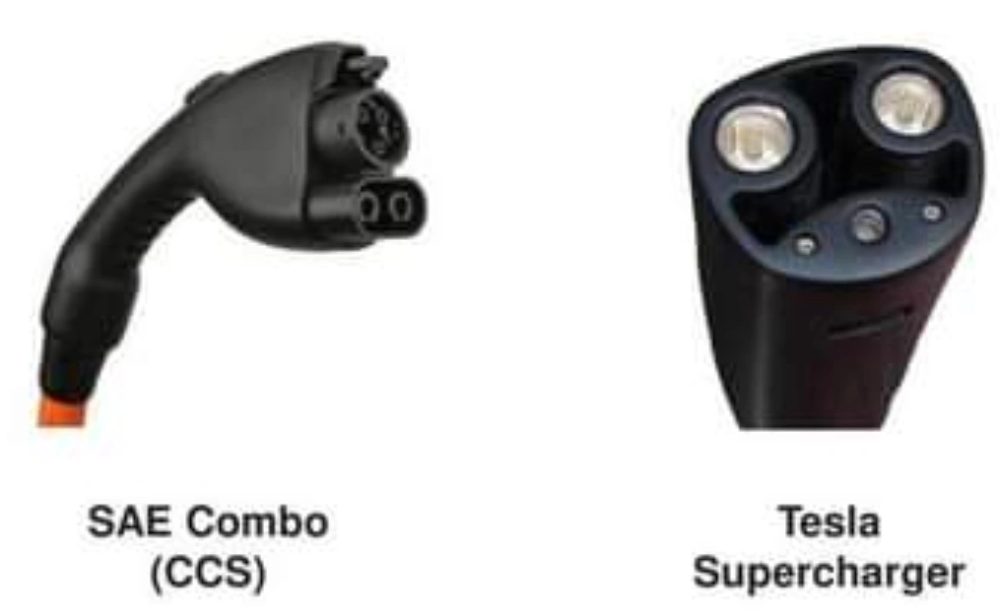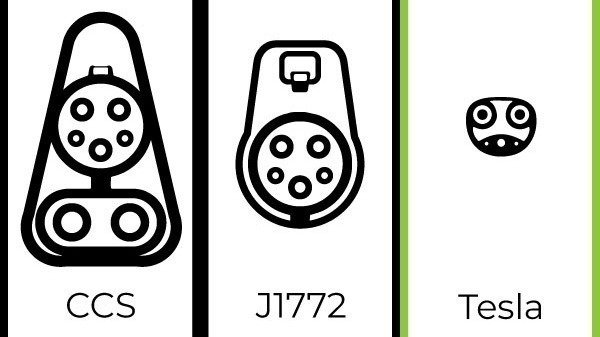
Aptera has launched a petition to ask Congress to make Tesla Superchargers and its plug the standard for electric vehicles in the US.
When Tesla started making electric cars, there was no dominant charging standard, and therefore, Tesla developed its own. Things have changed a lot since then, and now, CCS has become the global standard.
While CCS has now been globally adopted, it doesn’t necessarily make it the best charging standard out there, and that’s what Aptera believes.
Aptera is building a battery and solar-powered super-efficient three-wheeler electric car. It claims a range of up to 1,000 miles and achieves that by making the vehicle extremely lightweight, with three wheels and a drag coefficient (Cd) of only 0.13.
When you are building a super-efficient vehicle like that, every little bit of volume and weight improvement is important down to the connector, and as we previously reported, Apetra already said that it wants to adopt Tesla’s connector in its vehicle.

In the same report, we also stated that Aptera appears to want to encourage broader adoption of the Tesla connector, but it wasn’t clear how it plans on doing it.
Now Aptera cofounders Chris Anthony and Steve Fambro have launched a petition on Change.org to ask Congress to make Tesla Superchargers and its plug the standard for electric vehicles in the US:
If you agree that Tesla’s charging standards are good for EVs and the U.S., please help. Sign this petition and encourage decision-makers in Congress to adopt Tesla’s charging standards and connectors as the U.S. industry standard. With Washington D.C.’s goal for 50% of car sales to be electric by 2030, our country needs to adopt Tesla Supercharger and Plug standards before another dollar is wasted on inferior technology.
As part of their arguments, they mention that the current CCS and SAE J1772 standards are “clunky, cumbersome, and expensive” compared to “Tesla’s lightweight, incredibly efficient, elegant connector.”

They also cite our recent report that shows that the Superchargers Tesla planned to deploy in Texas cost about a fifth of the stations planned by other charging network owners.
The two founders wrote in the petition:
If our country began to support Tesla’s charging standards now, we could begin expanding our infrastructure at a much reduced cost, saving $4 billion dollars on projected charging infrastructure spending through 2027. Imagine what other EV programs we could support with that $4 billion in savings!
The petition has already received over 1,000 signatures after the first few hours of being online.
Electrek’s Take
As I wrote in my last report when Apetra suggested that it might try to do that, I, unfortunately, think that this is a lost cause.
I agree with the sentiment. Having used both standards at many charging stations across North America for years, there’s no doubt in my mind that Tesla Superchargers are the gold standard, but forcing the standard on all other automakers at this stage would be an almost impossible task.
I get why they could see it as a possibility. Tesla still represents the majority of EV sales in the US market, and therefore, its connector is the dominant standard. They somewhat open-sourced their patents, and so others could adopt it.
However, there are now many other EV models and thousands of CCS fast-charging stations in the US, and it would be hard and costly for them to switch connectors.
Tesla is not even pushing for that at this point as it appears to accept that CCS has won. The automaker is even talking about adding CCS adapters to its Supercharger stations in the US by the end of the year.
Again, I appreciate the sentiment, but petition or not, I think it’s a lost cause.
Subscribe to Electrek on YouTube for exclusive videos and subscribe to the podcast.
Author: Fred Lambert
Source: Electrek



